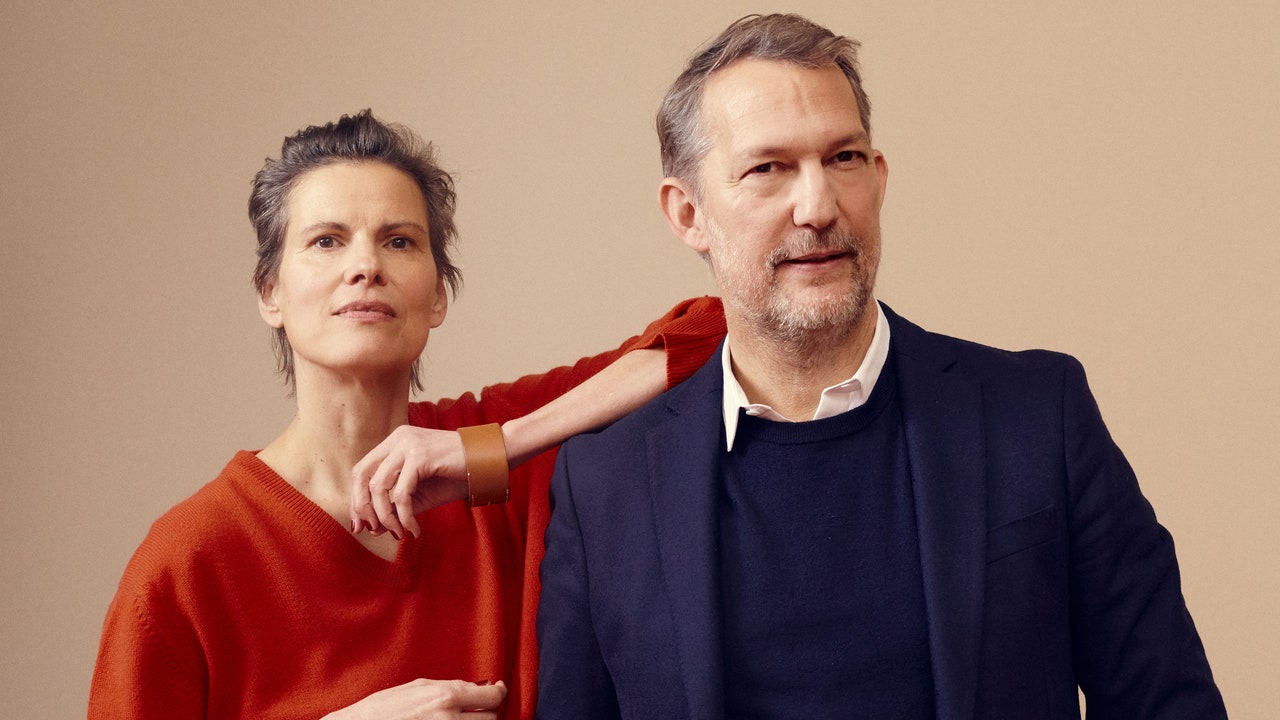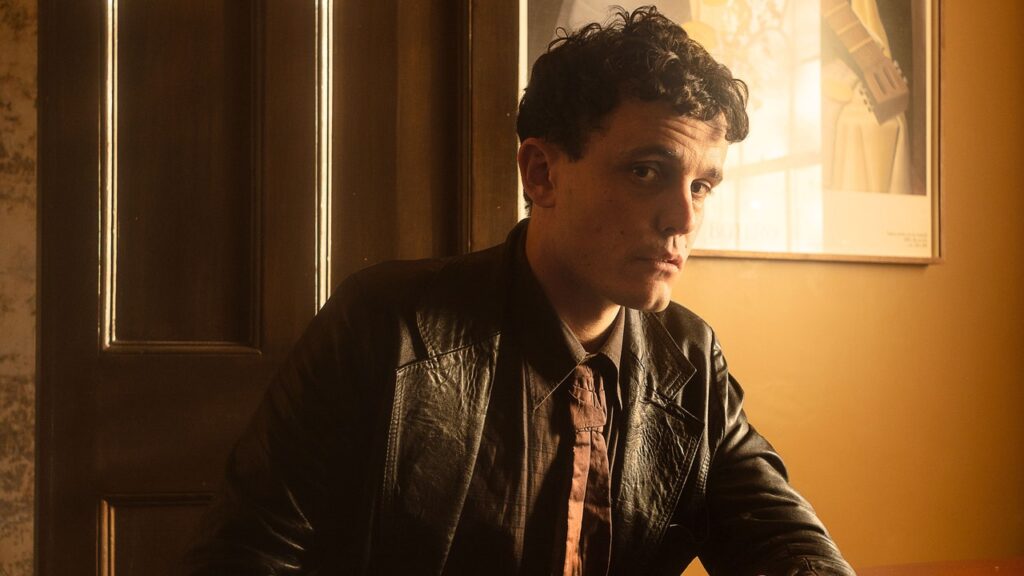Hermès has a long history of collaborating with artists and designers: In the pre–World War II years, the house used Sonia Delaunay fabrics and produced Jean-Michel Frank furniture, since reissued. More recently, Op Art legend Julio Le Parc produced a limited series of silk carrés. So when Benoit Pierre Emery, creative director of Hermès Tableware, wanted to introduce a new dinner service, he rang Virginie Jamin, a beloved French children’s illustrator who had already designed an ashtray and 30 scarves for the house.
What they created together is Tressages Équestres, a 27-piece collection with 10 new hollowware shapes, all decorated with jaunty swirls of ropes, cords, and straps inspired by equestrian tack—the brand’s original métier. Jamin dived into the project three years ago by visiting the Hermès archives in Paris. When she and Emery discovered 19th-century saddlery catalogs filled with illustrations of girths, yokes, whips, and crops, she was mesmerized by the ways artisans had worked the leather to create such functional beauty. “I studied with a loupe and saw the details and layers,” she says. “It’s pure design.”
Jamin sketched quarter-size circles of the weaving and braiding in pencil and ink, with accents of petrol blue, lemon yellow, and mint green. “The intention was to capture the rhythms—the simplicity and the complexity—and show the gesture of the artisans,” she explains. Her croquis were then reproduced on white kaolin porcelain from Limoges, all the while retaining their hand-drawn irregularity, so they wouldn’t look “too mechanical.” Some appear three-dimensional, particularly the bridle knots on the stout mug and tumbler. “There’s a balance between tradition and modernity,” says Emery, thrilled with the results. “That is the spirit of Hermès.” hermes.com









